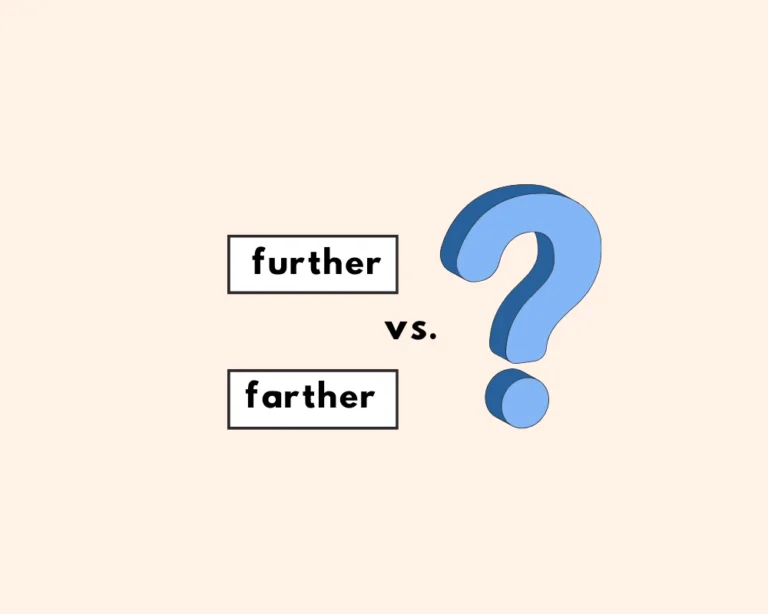
Alternate vs. Alternative (Correct Usage, + Examples)
How should you use alternate and alternative? These words are not always interchangeable, though their meanings overlap as adjectives. The difference between alternate vs. alternative
Grammarflex » writing-tips » Page 2
Embarrassing grammar mistakes are avoidable—avoid them with our writing tips on the most common questions related to English writing and grammar. Find answers to some of the most frequently confused and misused words, like effect and affect, accept or except, and bear vs. bare.
Learn the differences between UK English and US English in spelling and punctuation, or check out how to use commas with conjunctions (or for that matter, why not take the time to learn about conjunctions and their role in grammar!) There are endless writing tips available for you to learn at this corner of the web; we highly encourage it!


How should you use alternate and alternative? These words are not always interchangeable, though their meanings overlap as adjectives. The difference between alternate vs. alternative

Is your day going good or well? And is it, I hope you’re ‘well’ or ‘good’? These words are some of the most common words

Moral and morale sound nearly the same, and are only a single letter apart. Still, they are not the same. Use these words accordingly: “Morale”

Your vs. You’re Your and you’re (with an apostrophe) sound the same, but they are not the same. Important differences between them to note are:

Alter vs. altar Alter and altar sound nearly the same, and are only a single letter apart. Still, they are not the same. Both words

Council or counsel? Council and counsel are both nouns; though the latter has a verb form. Despite that these words sound the same, they are

When to use appraise vs. apprise incorrect: we’ve been appraised of all the relevant issues. correct: we’ve been apprised of all the relevant issues. *Example

Continually and continuously are indeed similar; in fact, they’re synonyms of each other. That said, there’s a distinction between them worth observing. Continually vs. continuously

Further vs. farther Further and farther are both the comparative forms of the adjective or adverb “far“, and can mean “at or to a greater

Toward and towards (with an ‘s’ at the end) are both correct spellings of the preposition that means “in the direction of somebody/something”. It could